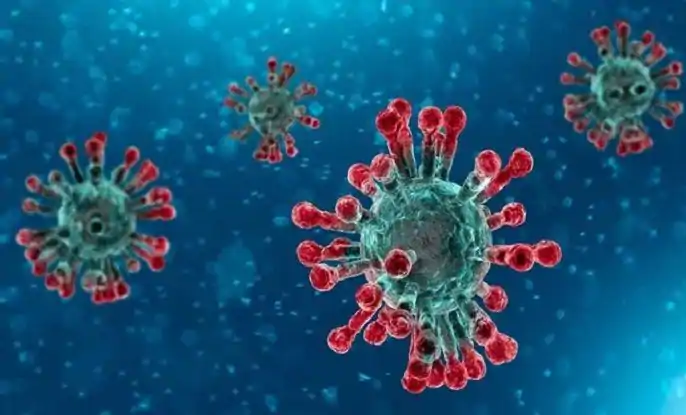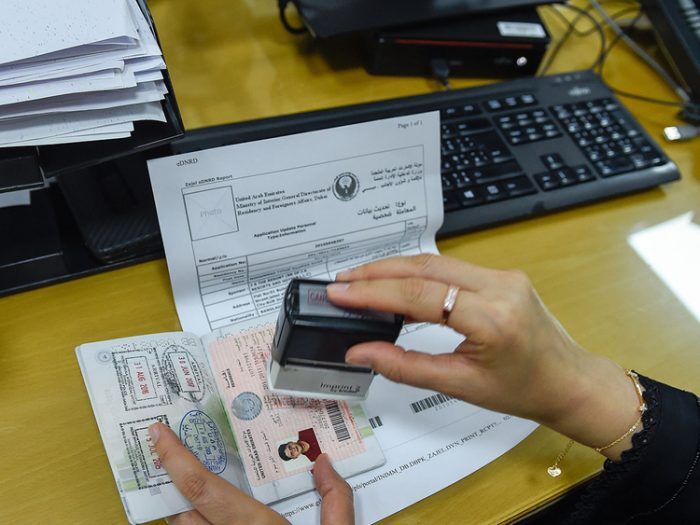The world overlooks with utmost anxiety on the new strain of mutated corona virus that is quickly spreading in Britain. The whole world was on the verge of relief when several vaccines were out on the market. But all the hopes gave way to anxiety on viewing the mutation. Would the vaccines resist this new strain?
The companies behind the first Covid-19 vaccine are confident that the drug will defeat the highly contagious mutant strain found in England. Ugur Sahin, the founder of BioNTech, which created the vaccination with pharmaceutical company Pfizer, said they would know within two weeks if the drug would immunise against the new strain sparking a surge of infections.
Mr Sahin revealed how his work ethic of 4.30am starts gave him and his wife Ozlem Tureci the drive to work flat out to find a way to defeat the virus. The new variant, detected mainly in London and the south-east of England, has sparked worldwide concern because it is estimated to be 70 per cent more transmissible than the original strain.
“We don’t know at the moment if our vaccine is also able to provide protection against this new variant,” Mr Sahin said a day after his company’s drug was approved for use in European Union countries. “But scientifically, it is highly likely that the immune response by this vaccine can also deal with the new virus variants.” If it does not, he said he hopes his team can adapt the vaccine’s profile within six weeks to suppress the new strain. “We believe there is no reason to be concerned or worried,” he said.
Meanwhile, about 1,700 lorries are stranded in Kent on the south English coast, prevented from crossing the Channel after France closed its border. In addition, 40 countries banned flights from Britain, attempting to prevent the new strain from spreading.
Britain has ordered 40 million doses of the Pfizer/BioNTech vaccine and taken delivery of 800,000 so far, with 500,000 doses administered, mostly to elderly people. It is hoped the mass immunization programme will bring down the spiraling number of infections that is paralysing the country, with two million cases recorded.
Operating around the clock on what they call Project Lightspeed, Mr Sahin and his colleagues realised they had no time to lose at the beginning of this year. While the British and German governments ordered the majority of doses currently available, Mr Sahin told other European nations that need the vaccine in bulk: “There is always a chance to talk to us.”
BioNTech/Pfizer’s vaccine is authorised for use in more than 45 countries.





![The Top & Most Popular Seafood Bucket Restaurants in Dubai for you [Never Miss]](https://cdn-bcaic.nitrocdn.com/xbqiknhylajlKDYOliCLZeRuxPCWDGHz/assets/images/optimized/rev-b04d989/uae24x7.com/wp-content/uploads/2020/09/8-seafood-in-a-bucket-scaled-e1600739237403.jpg)